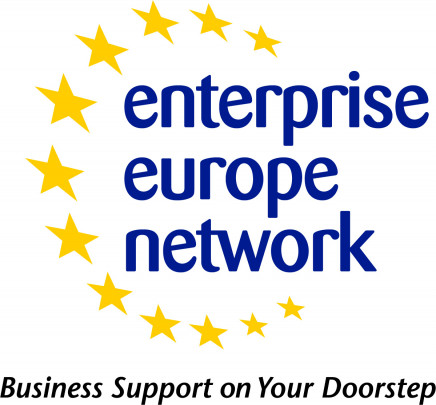Valorisation, in short, can be done by transforming knowledge and technology into something tangible. Newly developed technology and knowledge will be used for the benefit of society. The word valorise says it all: it contains the word valor, and means to make something valuable. This knowledge is only valuable when it leads to the transfer to, and application of knowledge in, society, the public sector, and businesses. The valorisation process in the Anglo-Saxon world is often designated by the terms Knowledge Transfer and Technology Transfer.
The literature generally distinguishes between economic valorisation (where the financial benefits prevail, such as a consulting task, development of a commercial product, spin-offs, patent, or patent application) and social valorisation (where knowledge provides answers to social issues, and where the return on investment is not central). These two concepts should not necessarily be viewed in isolation. Social value can create economic added value, and vice versa.
Valorisation is a daily practice for universities and many educational institutions. They want inventions, knowledge, and ideas to be used outside the university in order to benefit society. Therefore, universities usually have a separate service, a Technology Transfer Office (TTO), which stimulates cooperation with industry so that research results can become directly available to society, and can be marketed (through licenses, the creation of spin-offs, ...).
Who can help me ?

